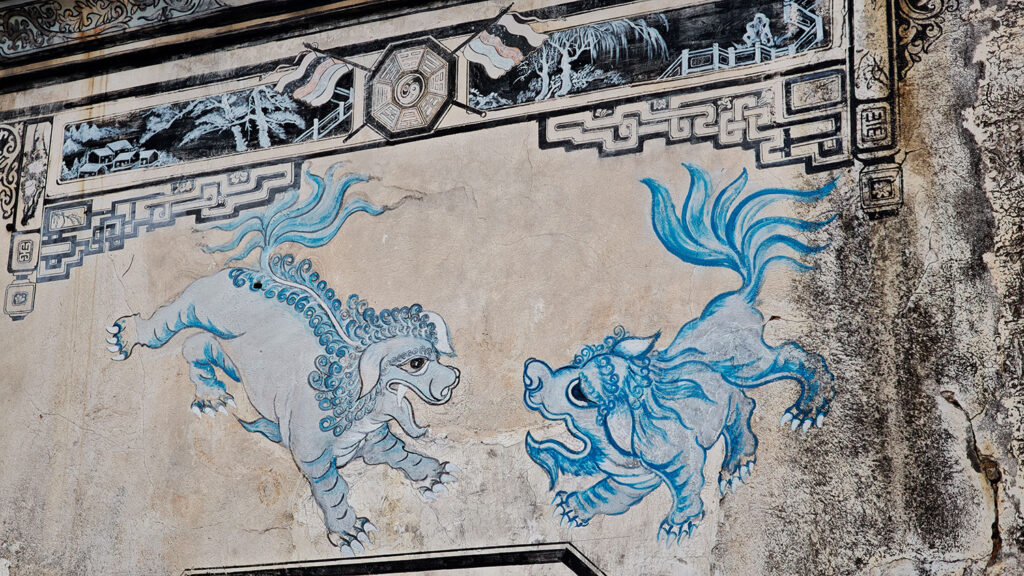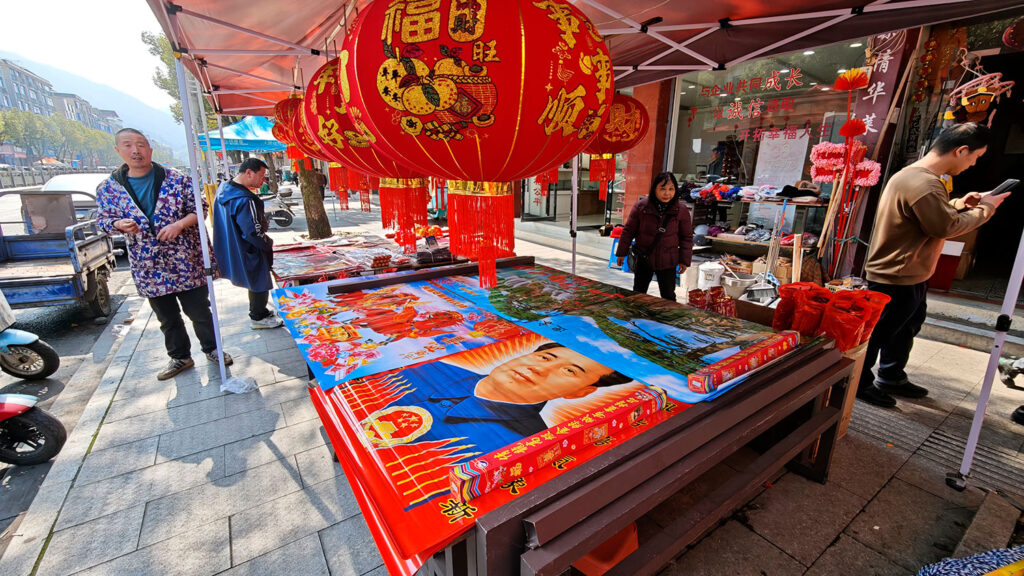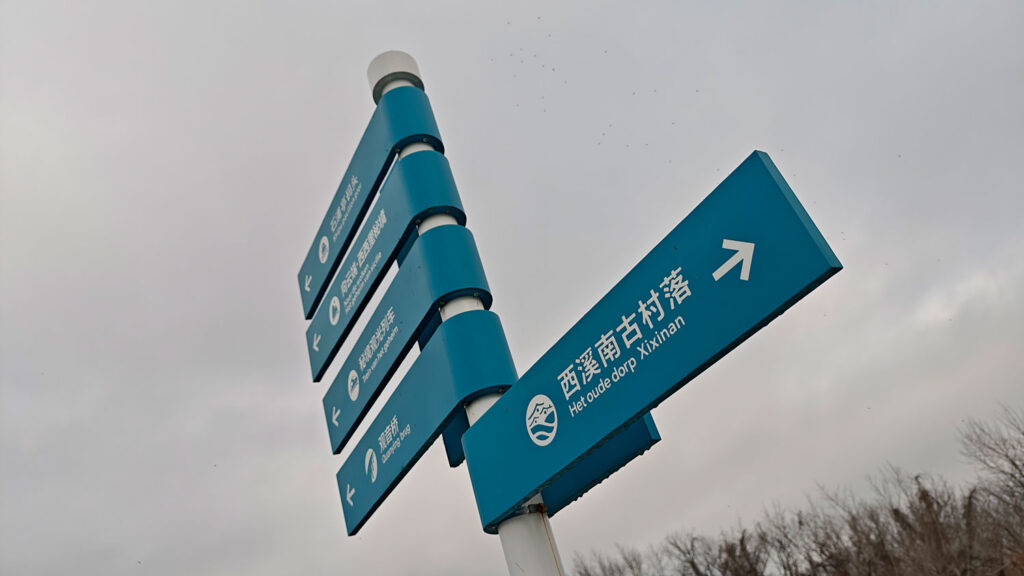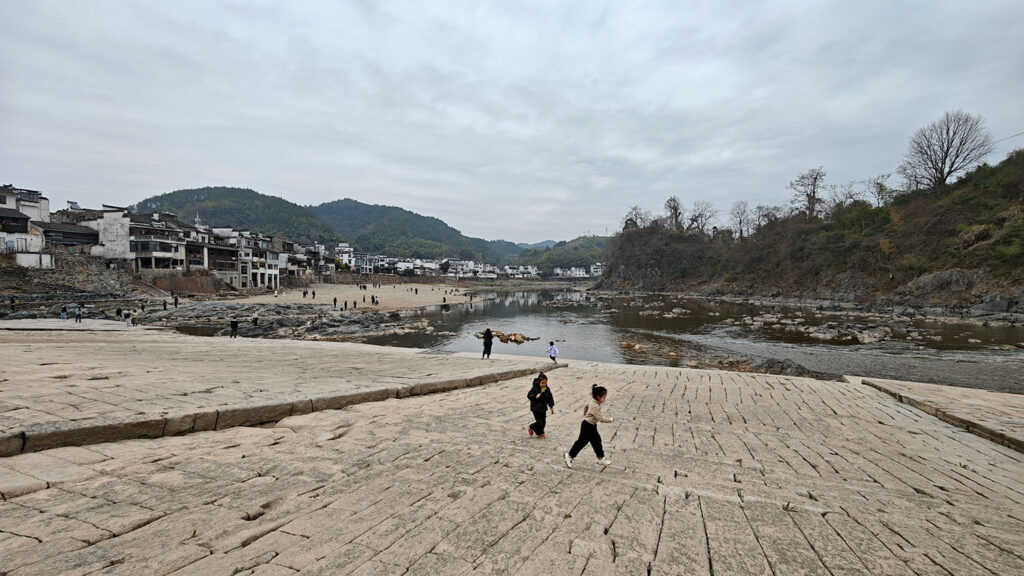My parents visited Shanghai for the first time in seven years, and even though the city has changed a lot, I dare say it has changed not as much as I have.
Sure. On the surface of Shanghai, a lot of stores have come and gone since 2018, and large areas of the city were renewed — such as Suzhou River and the North Bund. More parks have been built, especially in Pudong. And some of people’s behavior has changed. When I arrived, Luckin just started with coffee delivery, which I thought was crazy. And yet it is now common for all coffee stores, already for years — as Luckin has firmly dethroned Starbucks as the number one coffee chain. On the roads are way more electric cars, and the sharing bicycle war between Ofo and Mobike has ended — although not so well for both of them.
But I think growth in societies goes in bursts, and Shanghai (or rather; China) experienced its last burst before I got there — and its next burst of growth may be when I have left already. With such a period, I don’t mean rapid GDP growth (although this is perhaps a large part of it). I mean how it feels, how people feel. The optimism, the change brought by new things and possibilities. The switch to mobile payments through WeChat and Alipay, the advent of e-commerce through platforms like Jingdong or Taobao, the start of sharing bicycles, and the end of Western companies in China such as Google, Facebook and eBay. The end of internet cafés as a means to ‘get online’. The expansion of the subway system and the start of the high-speed rail network. Before I came to China, I read so many books highlighting “China Speed”, and while the pace in the office is nothing but slow, I feel this idea of blinding fast change in society no longer rings true.
At least I have not witnessed such huge changes since moving here in 2018 (with the sad exception of zero covid) — because much is still the same. Perhaps Chinese people and their movies are a bit more patriotic, but still want their shampoo to be Korean, their toothpaste Italian, their milk powder from New Zealand. People are tired of online shopping festivals like Double Eleven, or maybe they don’t need another North Face jacket. Xiaomi phones now have a rear display.
Yeah, in the past 7 years, the police have started mandating helmets for scooters. But the whole change from petrol scooters to electric ones happened before I got to China.
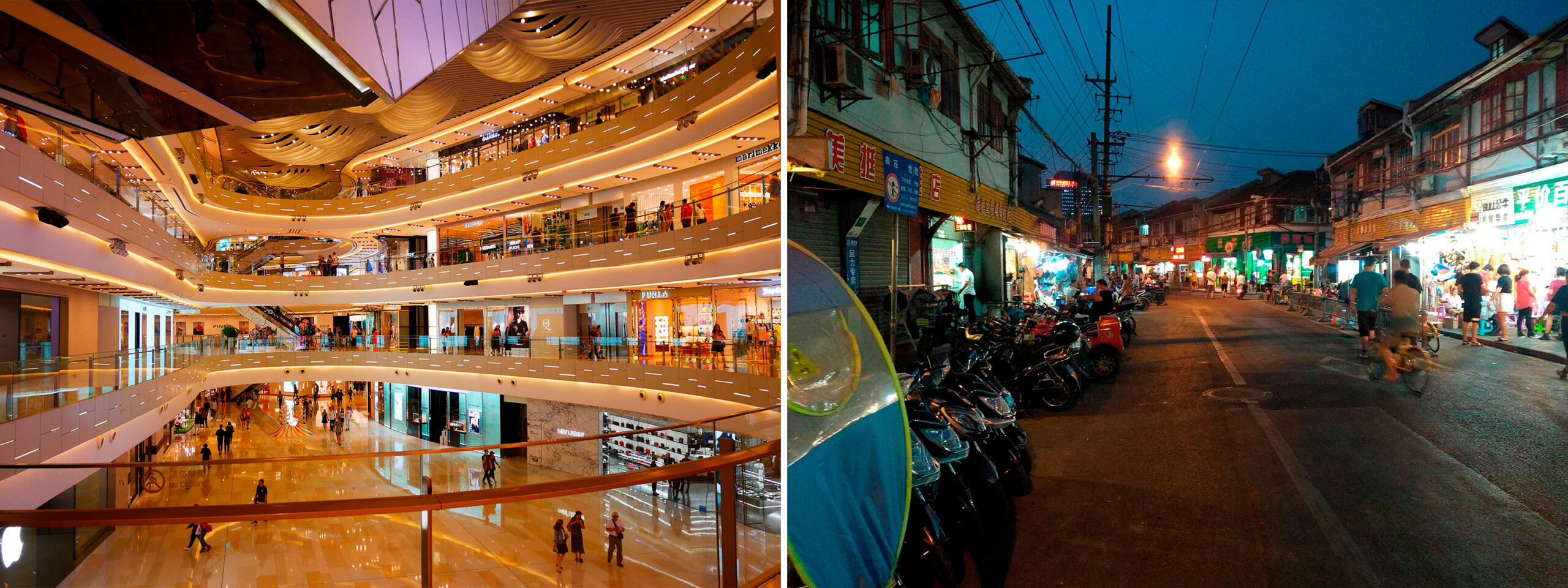
Shanghai, 2018.
Maybe Chinese people were more optimistic in 2018, or I was. Some young people used to mock themselves then, and they still do yet the humor is now gone. Housing prices in Shanghai have fallen, but for most people — owning a house is still firmly out of reach. A male friend mentions his salary has been the same for years now, maybe a few hundred RMB are added — but it’s meaningless. After having gone through the gaokao and university, he came to Shanghai with high hopes, yet now his parents want him to come back to his hometown, 1500 kilometers away from Shanghai, and find a wife there. But he knows it’s bad for his career and an even lower salary.
These are the things I’m thinking about, walking through Shanghai with my parents. While the city itself hasn’t changed that drastically, my connection to it has. I can now read all the signs and understand what its citizens say. I have a hundred pins on my map app, and a thousand notes of life in China. I wear red socks because it’s my zodiac year (本命年), and I live not just in a small Chinese apartment, but I’ve also adopted the habits that go with it. I’ve found not just friends here, but made a family as well.
When you don’t know anything about a topic, it’s hard to discuss it, even if with your inner monologue. You can describe what you see on a visual level, but lack understanding. You have no sense of the invisible systems behind it — the history, the economics, the habits. But the longer you stay, the more components you collect, and the more you can weigh them against one another. You start to notice patterns, rules — or the lack of them. Before 2018, all my notes about China came from books — secondhand knowledge, but now I have my own mental vocabulary to talk, think, and write about living here. You know more about society when you’ve visited a hospital because you had to, passed a driving exam, ate the wrong thing and felt sick for a week, got scammed, or found joys and heartbreaks otherwise.
At home, I tell my mother she cannot sit on the bed with the pants she sat in the subway with, and offer her slippers instead of her shoes. And I see them struggle (but succeed) with what I’ve gone through as well; to pay in a supermarket, to check in-and-out of the subway, to order coffee at Manner through a mini-program. I took them to Mandarin class and in two hours they learned a few words. The things they remark on are random, chaotic. There are lots of public toilets in the city. Everything’s so clean. Our shampoo bottles are so large. The laundry machine that opens from the top, not the front. Almost nobody drinks beer. It’s still 30 degrees even in October. Chinese people, when they swim, always put their heads under water. Museums are free. On the highways there aren’t a lot of billboards. Every day we throw the garbage away in our compound. People are willing to wait for good restaurants. The sheer size of the city.
There are some things they don’t see. A cheap meal is visible, but the staff working long days are not as obvious. China produces products for the world, but it’s made possible by a working force that is willing to make more sacrifices (or to use a cliché term: 吃苦 eat bitter). I’m sure China-based blogs can interview some wealthy young people in downtown Shanghai about how they don’t want to work for a boss, how they don’t want to do overtime, how they want a decent salary — but for the majority of people this is still the reality. Especially manual labor in factories or construction work is done by migrant workers who live away from their families, who are willing (or forced to) work long days for low wages with minimal social security. Foreign tourists visiting Shanghai see massive skyscrapers and clean streets, but not what lies behind.
It’s not all negative. Shanghai has opened itself up for me. Back in 2018, I couldn’t speak Mandarin or read characters, and could only use the most basic of phone apps. All these three things meant my integration into the city was non-existent. All the sights my parents saw in 2018 came from Google and Reddit search results. I remember in 2018, we went to some fake fortress in Wuxi (无锡影视基地三国城), and I wondered if some fake statues was the best a country as big as China had to offer. Now, I got more places to source destinations from; Dianping, Xiaohongshu, and recommendations from friends. I’ve now worked longer in China than I did in the Netherlands, and got a bigger network here. Plus I also developed my own sense of which locations are worth visiting, and which to avoid.
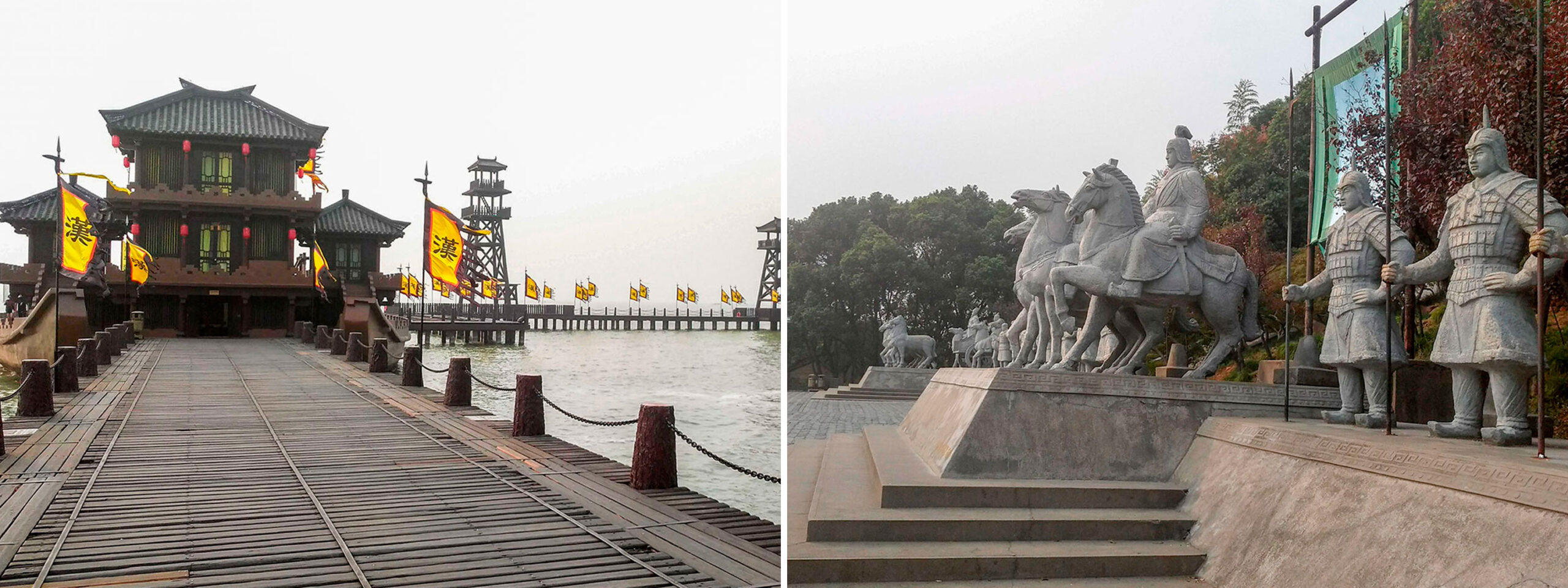
Wuxi Three Kingdoms Film and Television City (无锡三国影视城) in 2018.
And so, these three weeks with my parents, we’re on Chongming Island hunting for tiny crabs (螃蜞), we walked Maling Ancient Road, went to an old city wall of Shanghai, a century-old football stadium, a secret garden, and visited three old towns (Xinchang, Qibao, and Gaotiao).
We walk the roads around University Road (大学路) in Yangpu, where I lived for over three years; where I started my Chinese lessons; and the first corona-lockdown occurred for me. And here, seeing my parents, it hits me. When a city changes, it comes with construction noises or fanfare from a new store opening. But for us, time passes silently. Yet every now and then, we’re allowed to look back and see how far we’ve come.
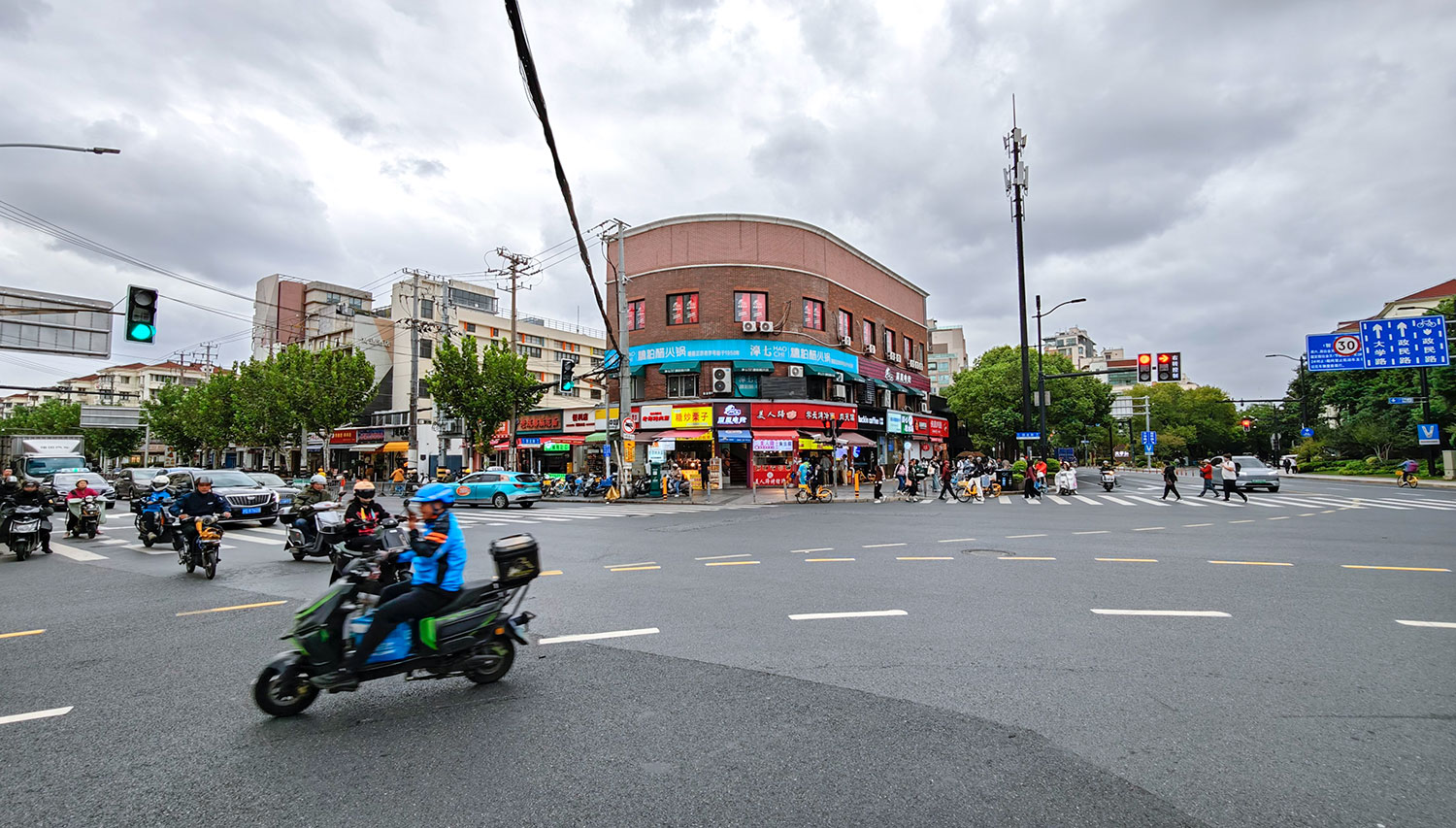
The start of University Road (大学路) in Yangpu.
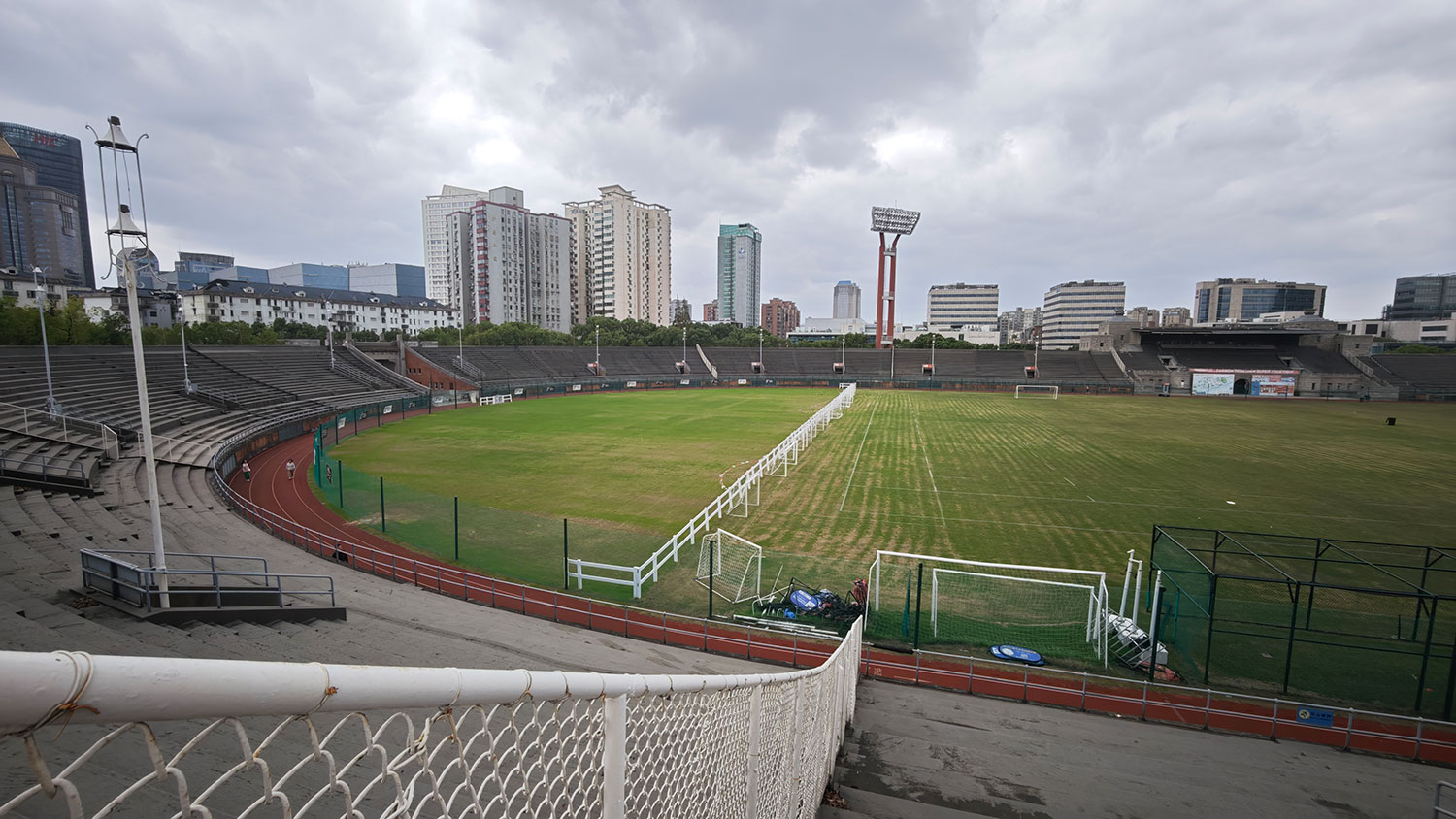
Jiangwan Stadium (江湾体育场) in Yangpu.
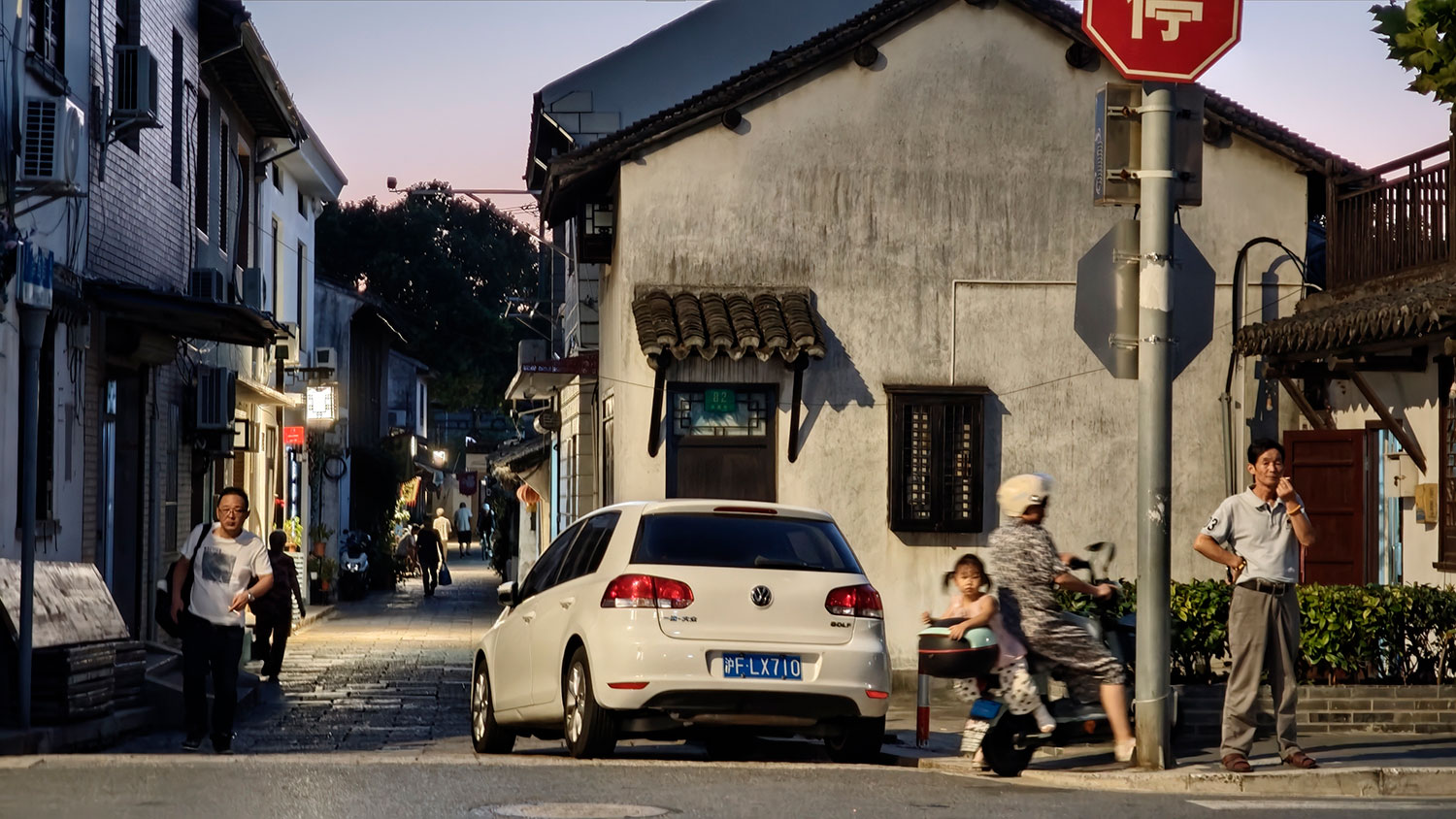
Xinchang (新场) after sunset.
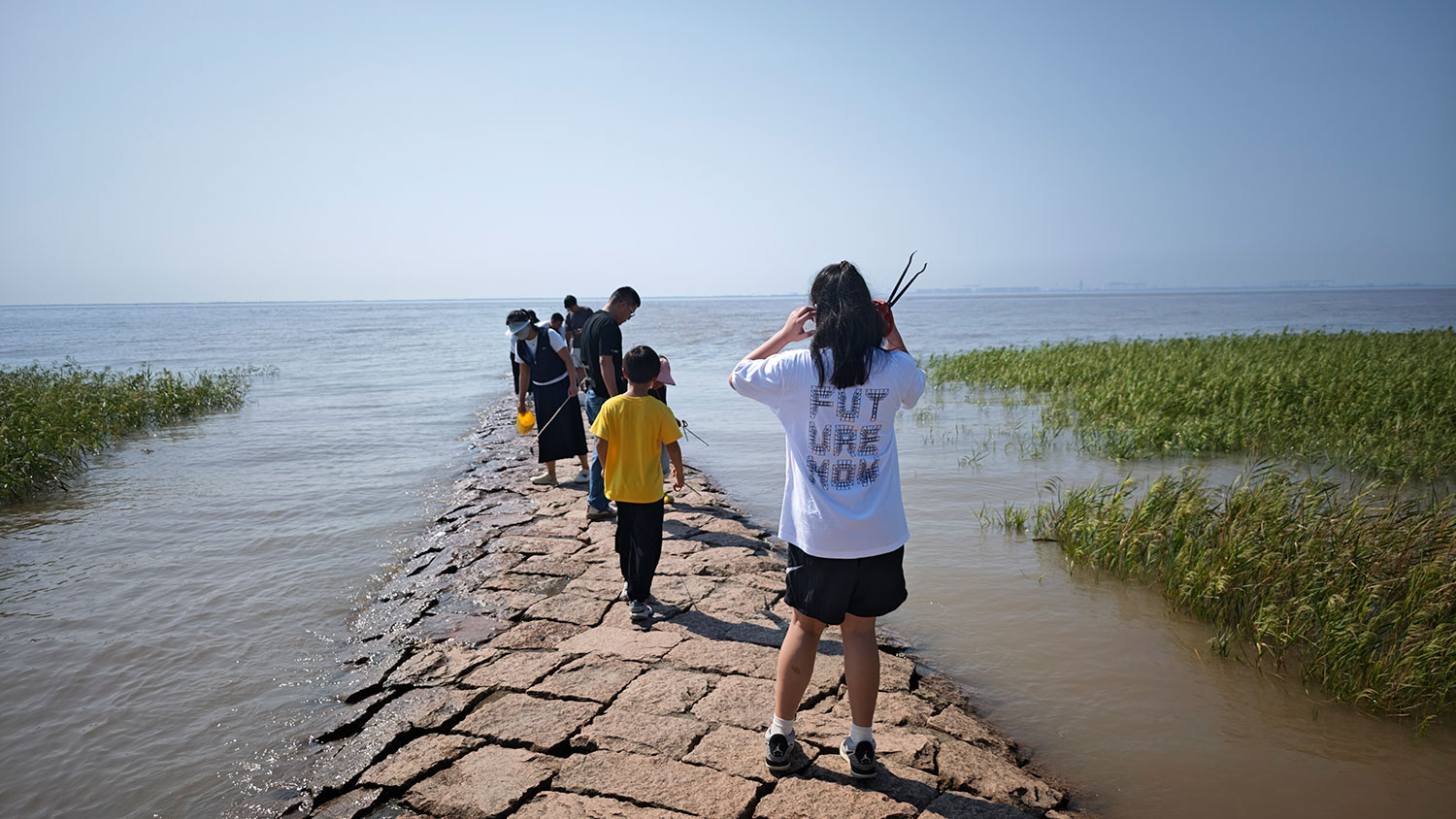
The edge of Chongming Island (崇明岛).
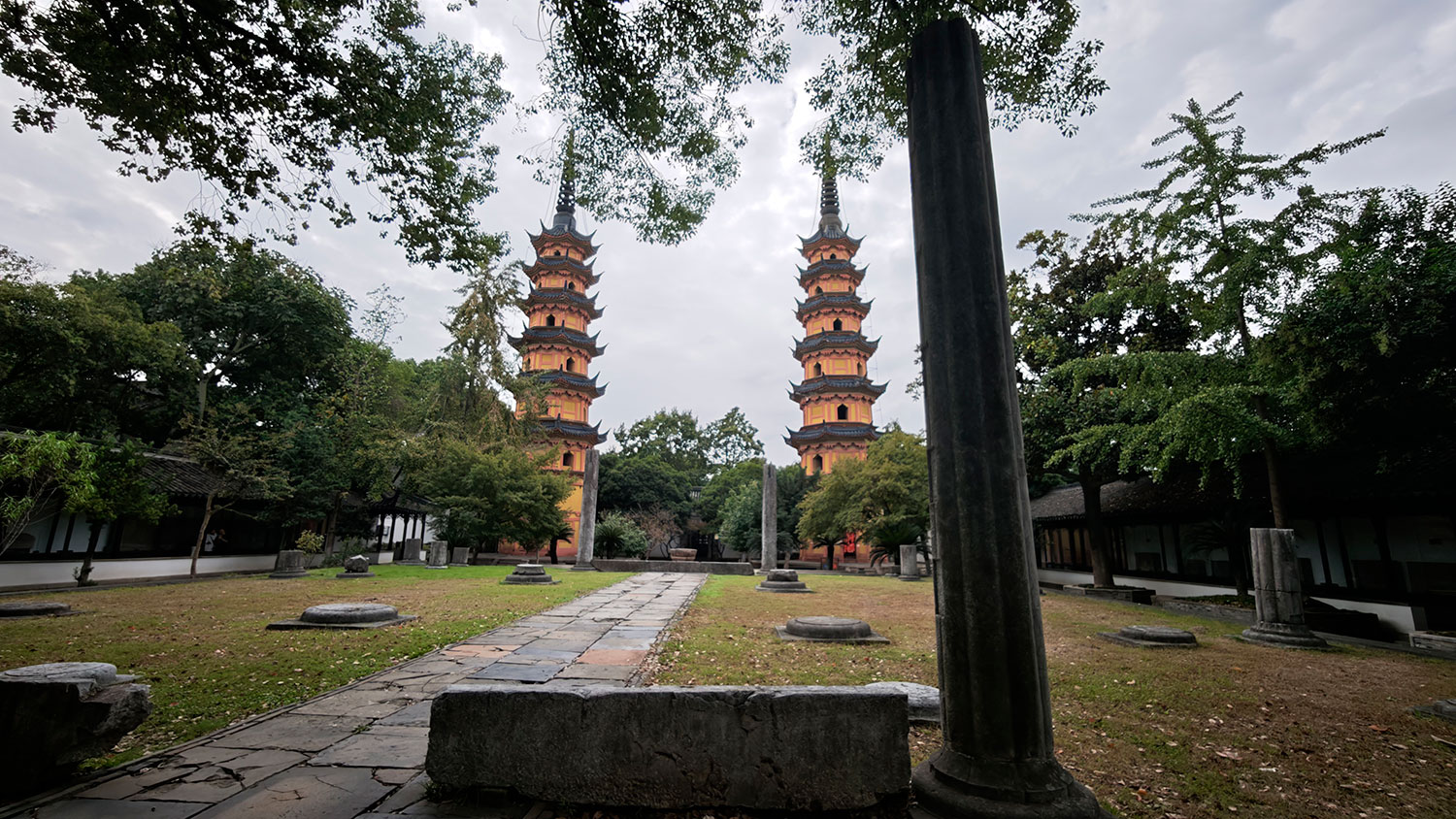
Shuangta (双塔) in Suzhou.
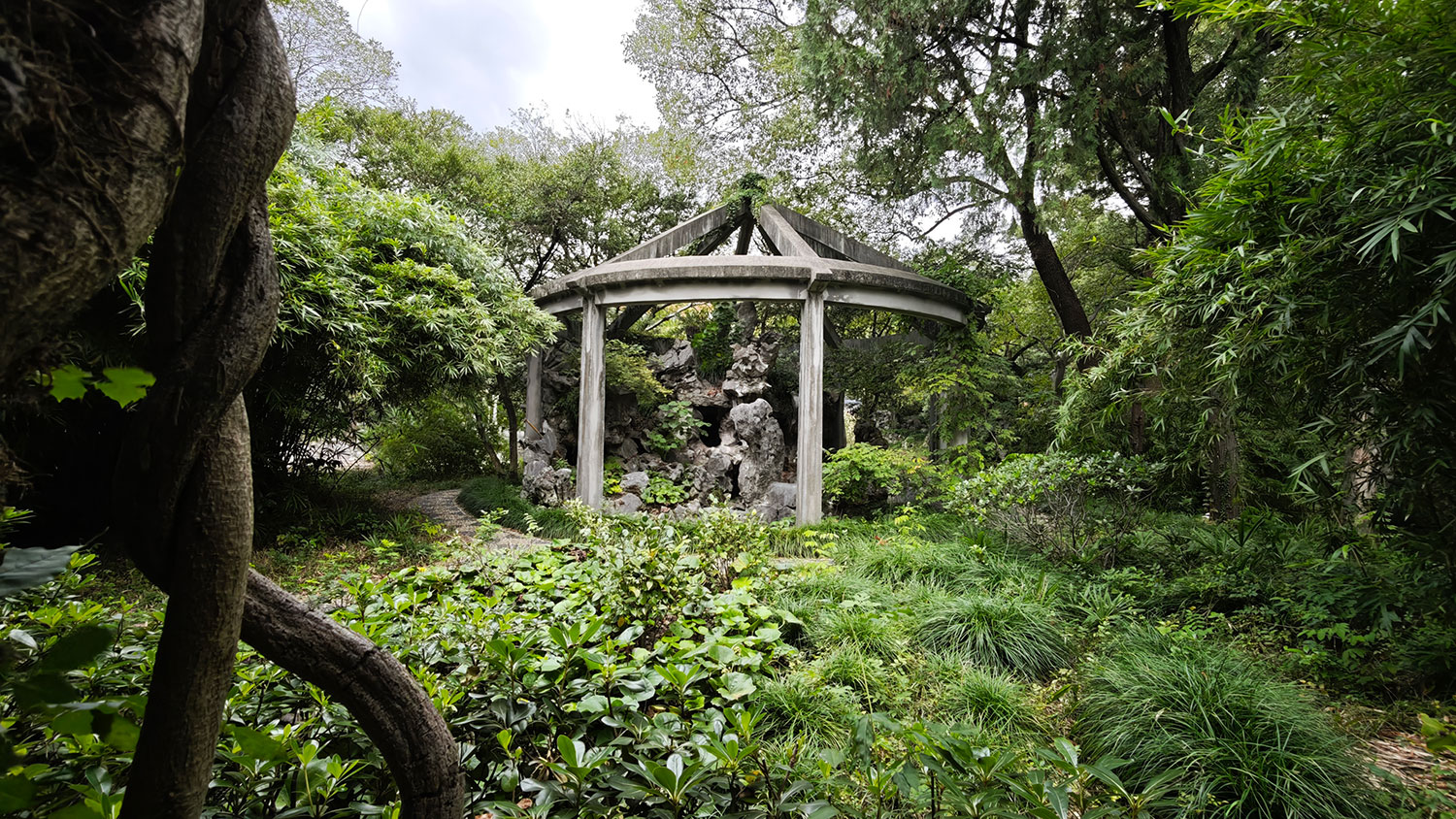
Ye Garden (叶家花园) in Yangpu.

Shishecun (石舍村), at the start of the Maling Ancient Road (马岭古道).
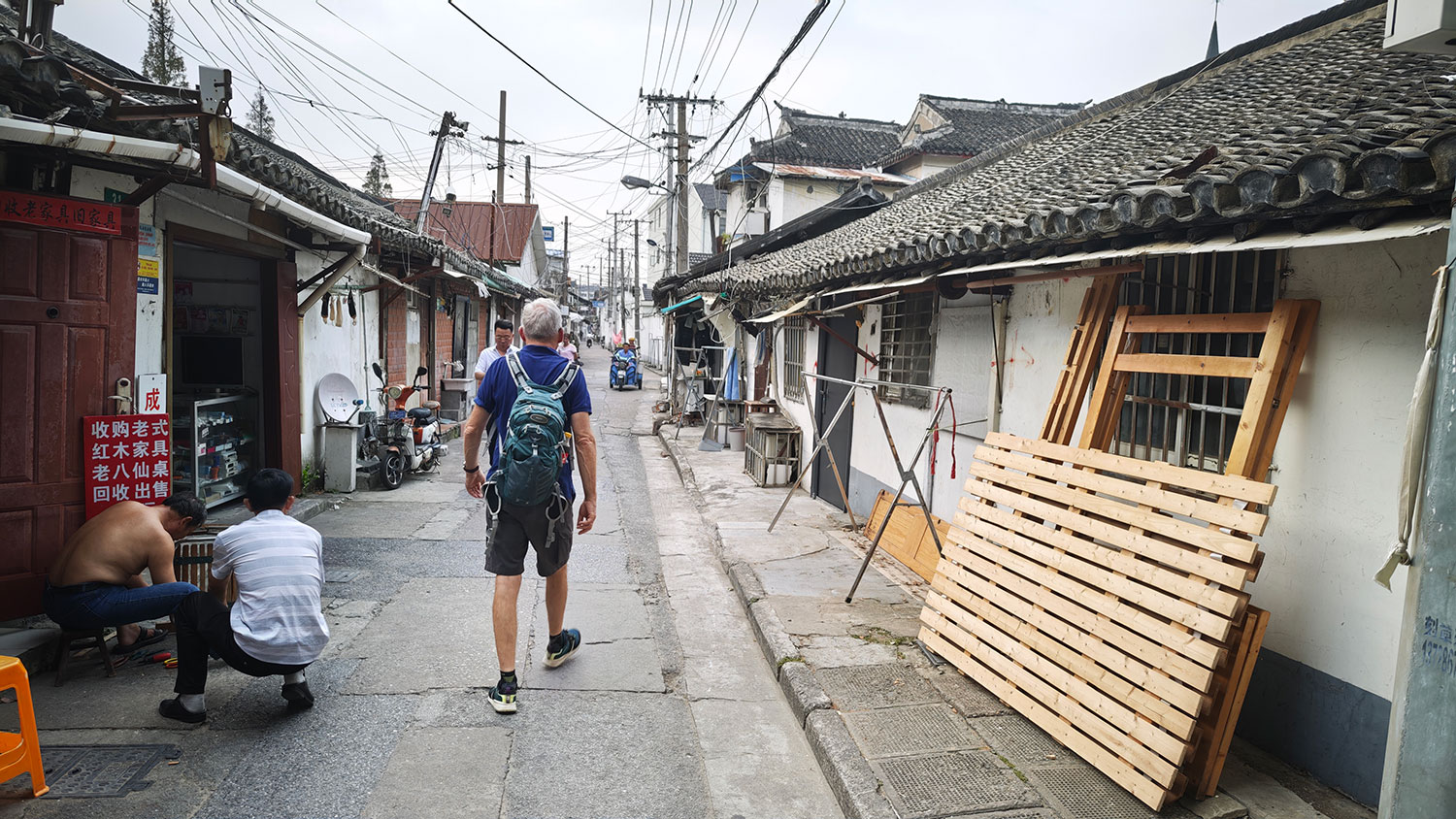
Near Qibao’s Catholic church (七宝圣母升天堂).

Suzhou Museum.
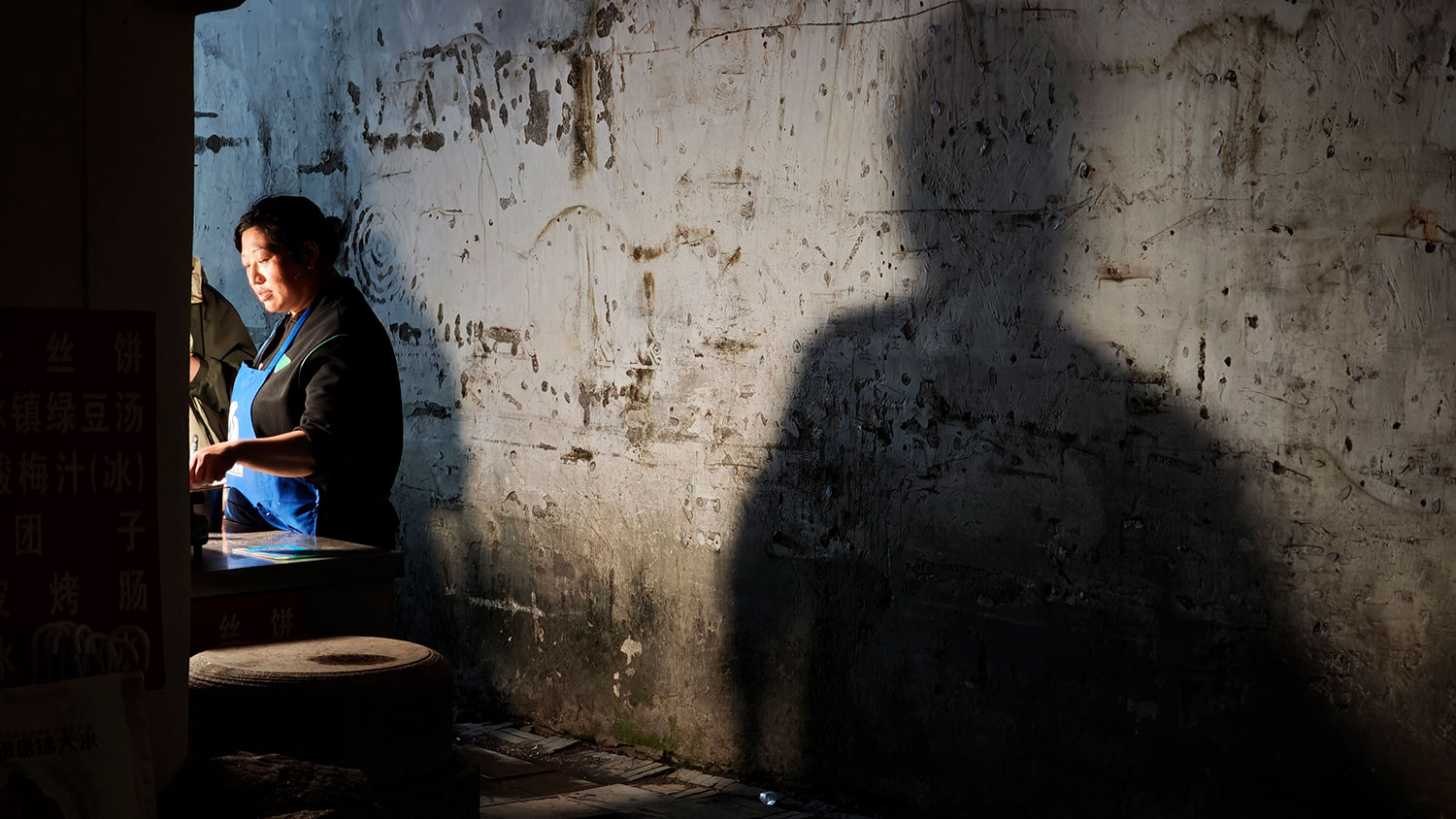
Pingjiang Road (平江路) in Suzhou.
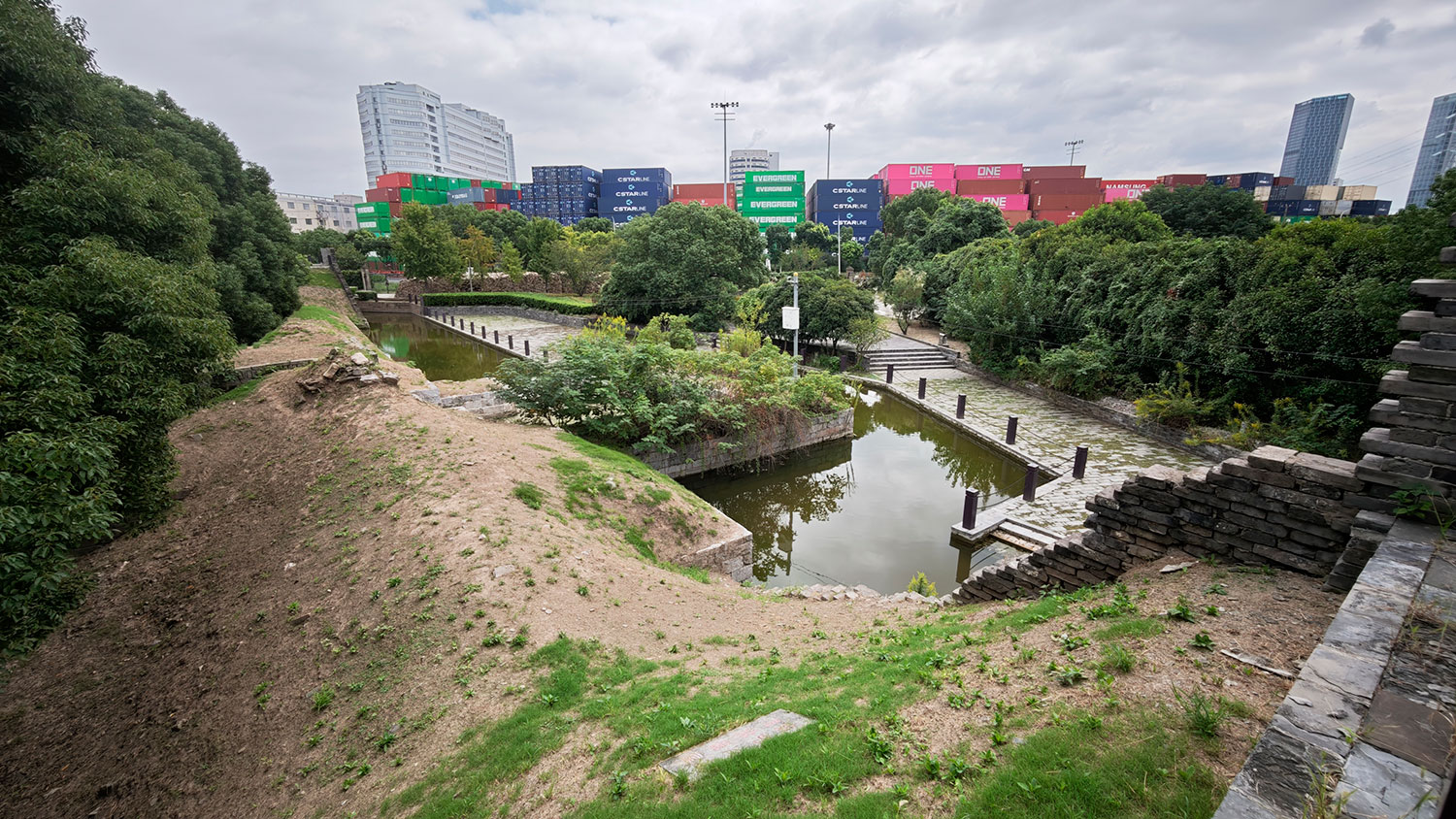
Old Baoshan (老宝山) in North Pudong.
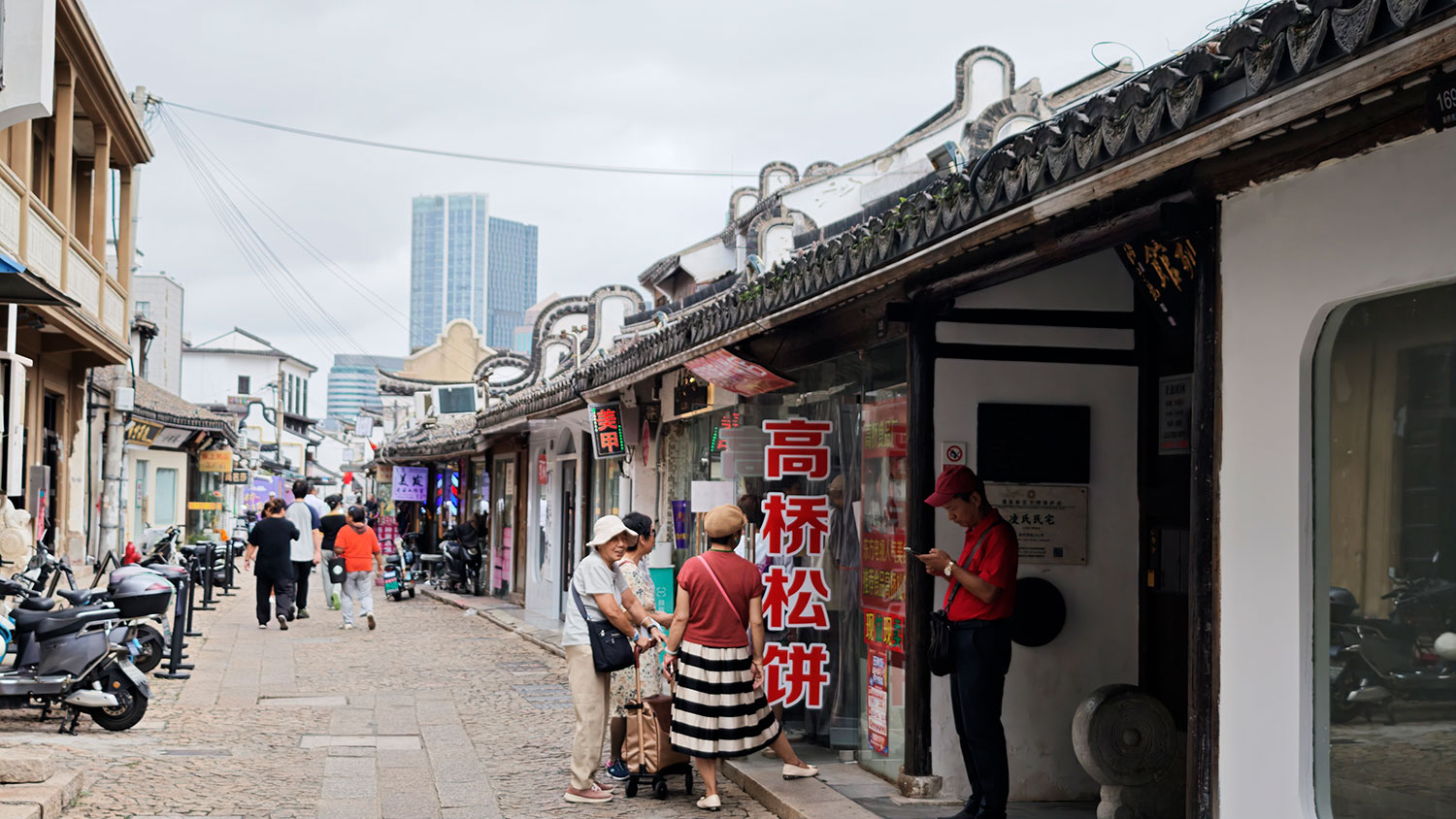
Gaoqiao (高桥) in Pudong.
